Think Again-Day42
Description
On November 18, 2015, Jean-Pierre registered a prediction that stunned his opponents. A day earlier, a new question had popped up in an open forecasting tournament: in July 2016, who would win the U.S. Republican presidential primary? The options were Jeb Bush, Ben Carson, Ted Cruz, Carly Fiorina, Marco Rubio, Donald Trump, and none of the above. With eight months to go before the Republican National Convention, Trump was largely seen as a joke.
His odds of becoming the Republican nominee were only 6 percent according to Nate Silver, the celebrated statistician behind the website FiveThirtyEight. When Jean-Pierre peered into his crystal ball, though, he decided Trump had a 68 percent chance of winning.
Jean-Pierre didn’t just excel in predicting the results of American events. His Brexit forecasts hovered in the 50 percent range when most of his competitors thought the referendum had little chance of passing. He successfully predicted that the incumbent would lose a presidential election in Senegal, even though the base rates of
reelection were extremely high and other forecasters were expecting
a decisive win. And he had, in fact, pegged Trump as the favorite long before pundits and pollsters even considered him a viable contender.
“It’s striking,” Jean-Pierre wrote early on, back in 2015, that so many forecasters are “still in denial about his chances.”
Based on his performance, Jean-Pierre might be the world’s best election forecaster. His advantage: he thinks like a scientist. He’s passionately dispassionate. At various points in his life, Jean-Pierre
has changed his political ideologies and religious beliefs.* He doesn’t come from a polling or statistics background; he’s a military historian, which means he has no stake in the way things have always
been done in forecasting. The statisticians were attached to their views about how to aggregate polls. Jean-Pierre paid more attention to factors that were hard to measure and overlooked. For Trump, those included “Mastery at manipulating the media; Name recognition; and A winning issue (i.e., immigration and ‘the wall’).”
کانال خلاصه کتاب (https://t.me/luminous_bookclub)
کانال موزیک (https://t.me/luminous_music)
کانال مکالمات روزمره (https://t.me/foroughpapi)
پیج اینستاگرام: Luminous__english
Castbox channel: luminous english
📚هایلایت قسمت 42 کتاب Think Again
✅ Forecast / Predict: (To say what will happen in the future based on information or analysis) پیشبینی کردن
✅ Opponent: (Someone who competes against or opposes another) رقیب، مخالف
✅ Pop up: (To appear suddenly or unexpectedly) ناگهان ظاهر شدن
✅ Odds: (The probability or chance of something happening) احتمال، شانس
✅ Crystal ball: (A metaphor for predicting the future) کره شیشهای (به معنای پیشبینی آینده)
✅ Excel in: (To be very good at something) در کاری بسیار خوب بودن
✅ Hover around: (To stay close to a particular number or level) در حدود چیزی بودن
✅ Referendum: (A public vote on a specific political question) همهپرسی
✅ Incumbent: (The current holder of a political office) صاحبمنصب فعلی
✅ Base rate: (The normal or average rate of occurrence) نرخ پایه، نرخ معمول
✅ Decisive win: (A clear and definite victory) پیروزی قاطع
✅ Pegged as: (To identify or consider someone as something) شناخته شدن به عنوان
✅ Pundit: (An expert or commentator, especially in politics) کارشناس سیاسی/رسانهای
✅ Pollster: (A person who conducts opinion polls) نظرسنج
✅ Viable contender: (A serious and realistic competitor) رقیب قابل قبول، جدی
✅ In denial: (Refusing to accept the truth) انکار واقعیت
✅ Dispassionate: (Not influenced by strong emotions, impartial) بیطرف، خونسرد
✅ Stake: (A personal interest or involvement in something) منفعت، سهم
✅ Aggregate polls: (To combine the results of several opinion polls) تجمیع نتایج نظرسنجیها
✅ Manipulate the media: (To influence or control the media in a skillful way) کنترل یا تحت تأثیر قرار دادن رسانهها

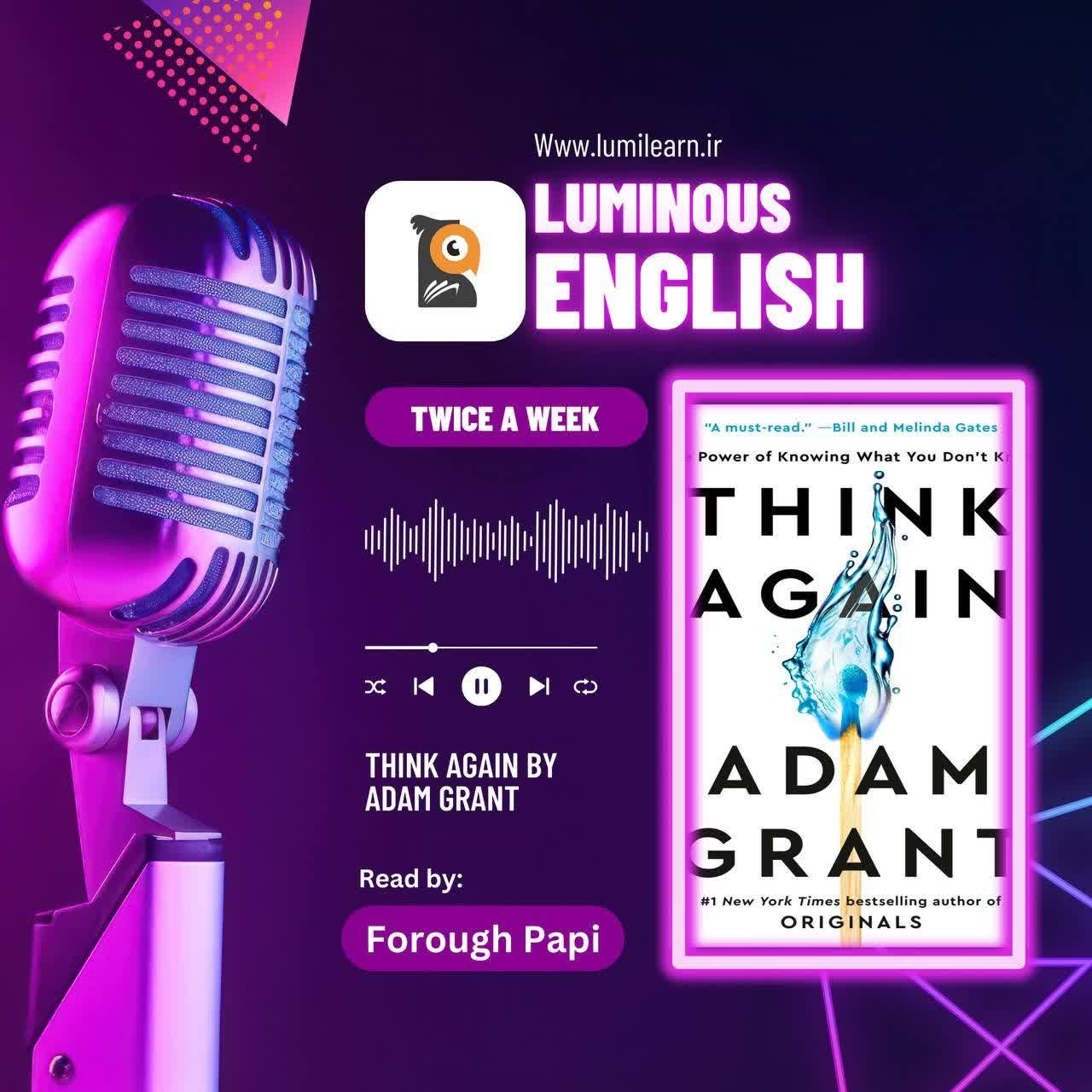
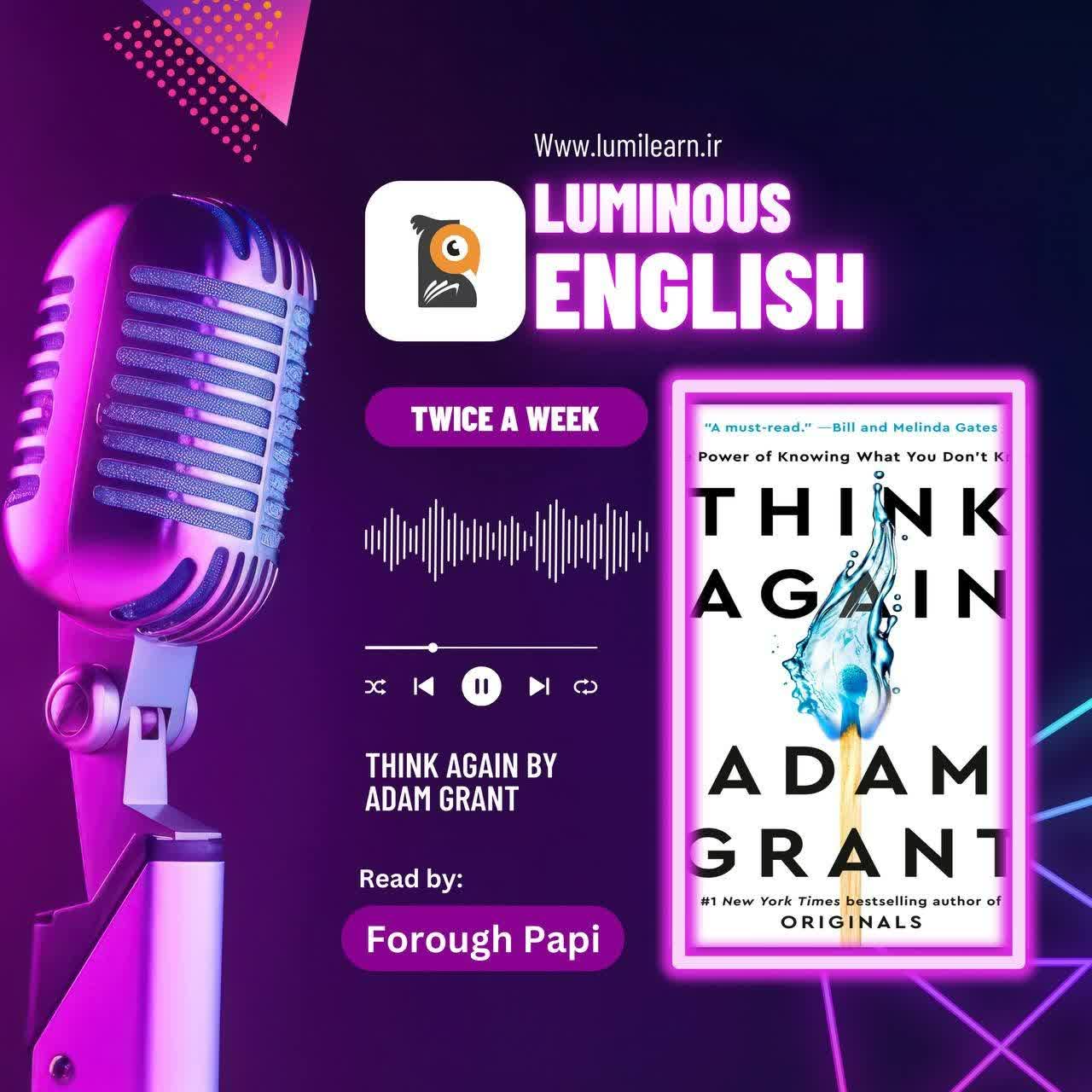
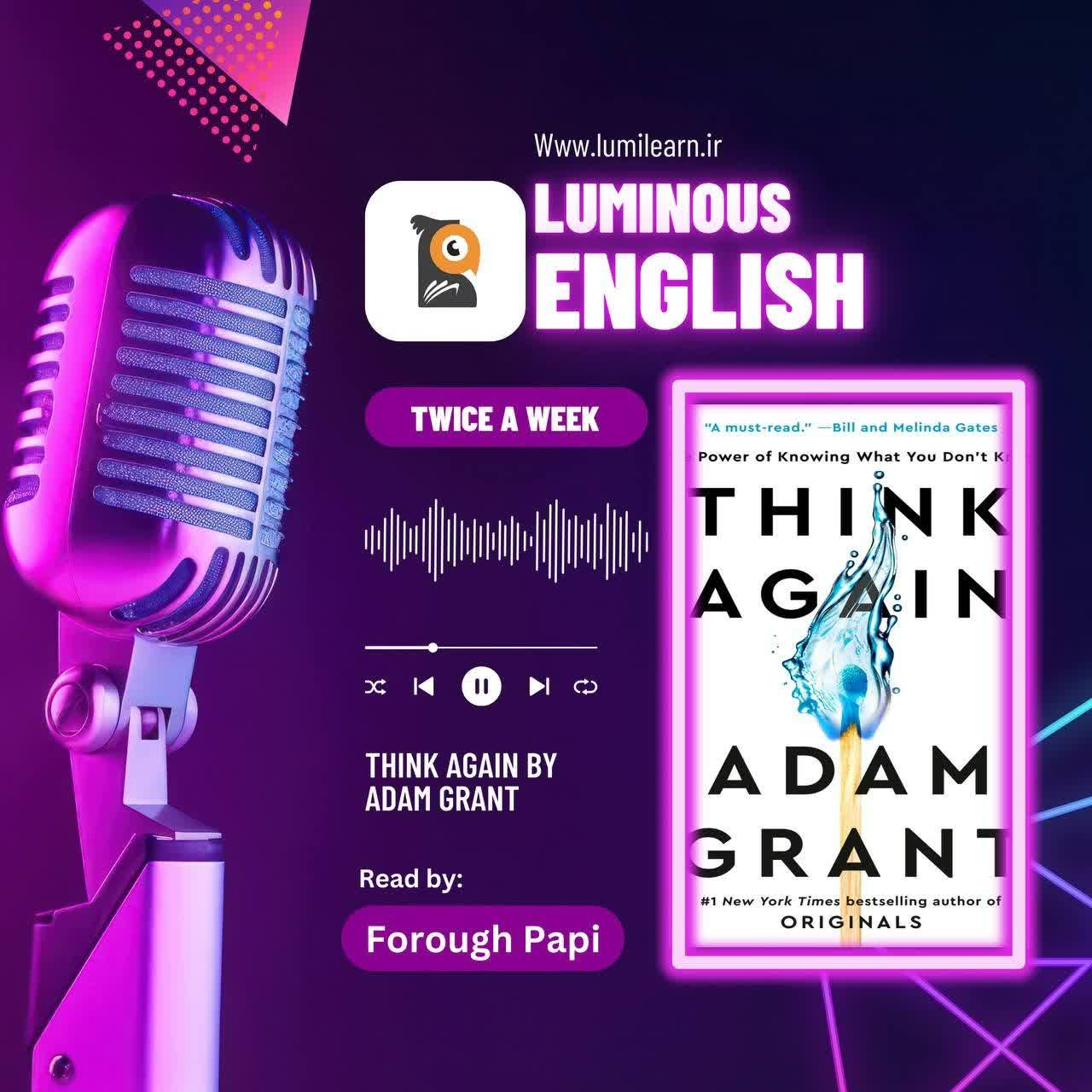
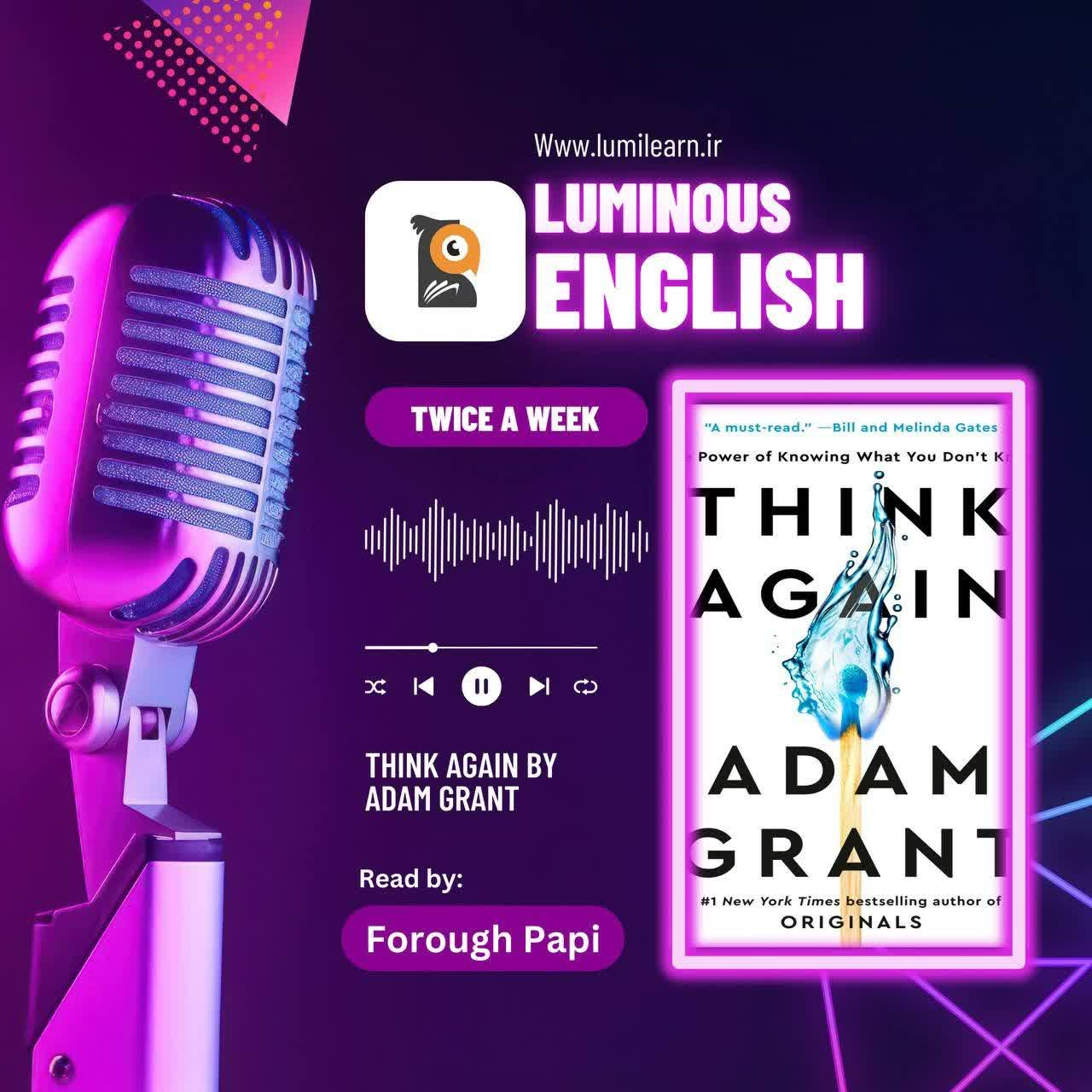
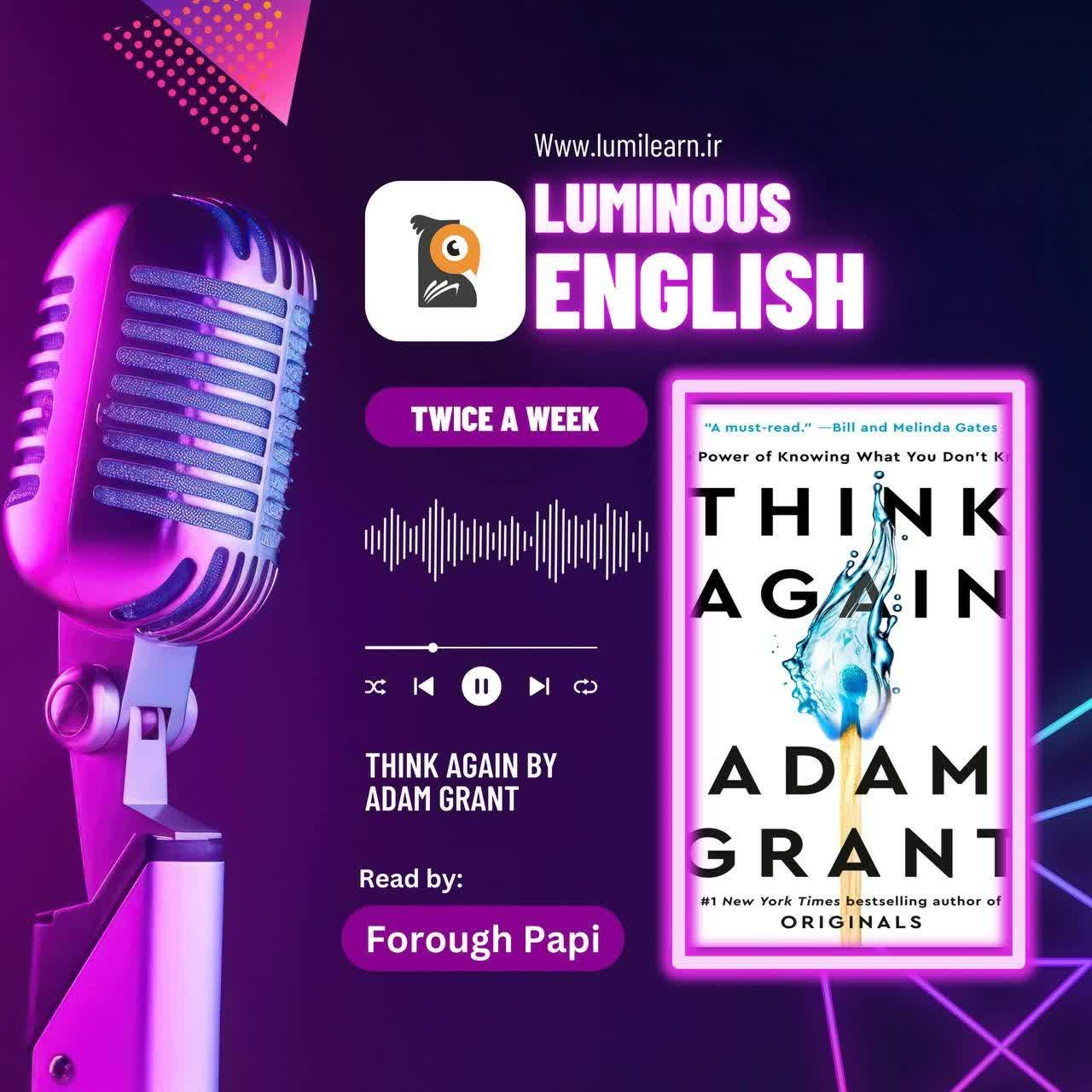
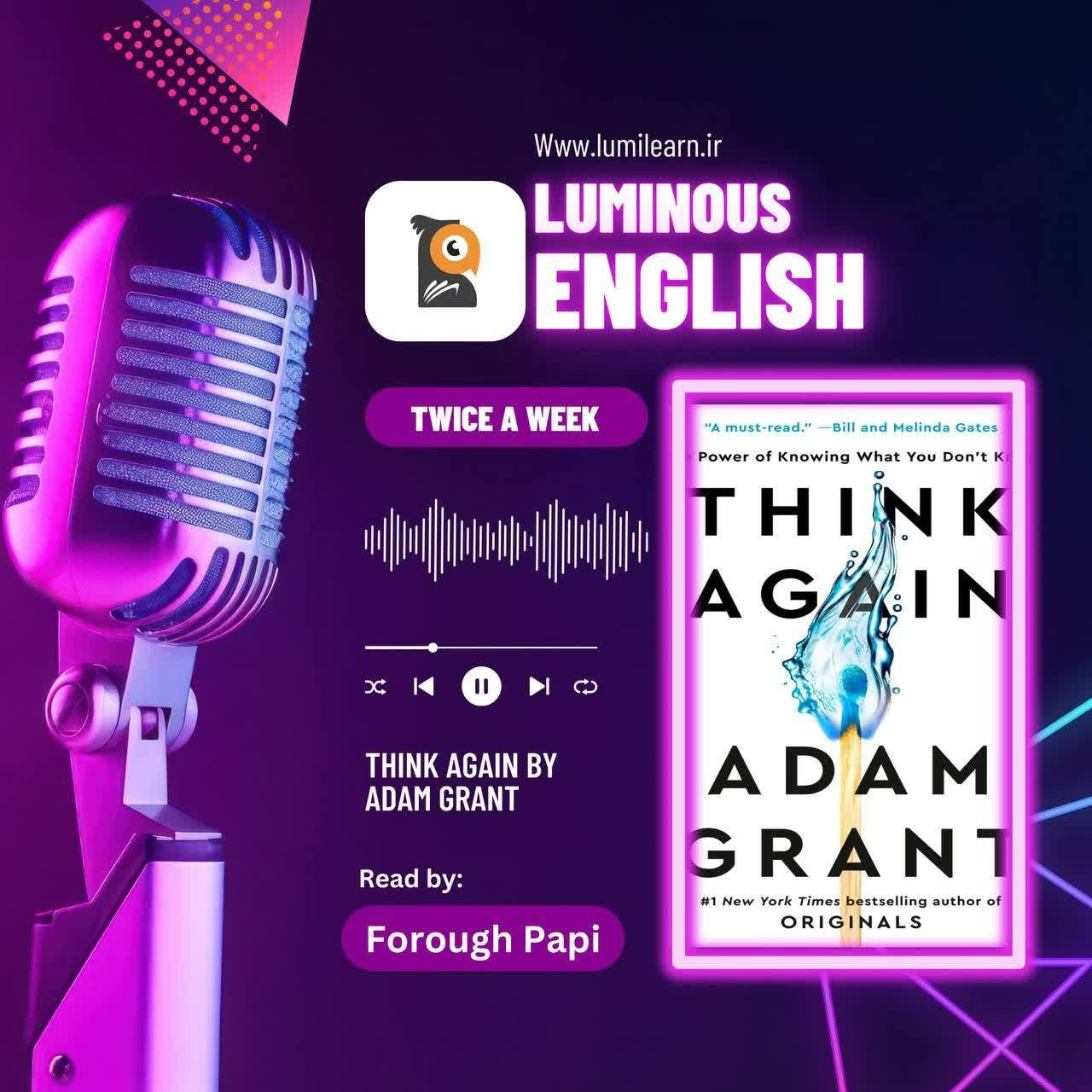
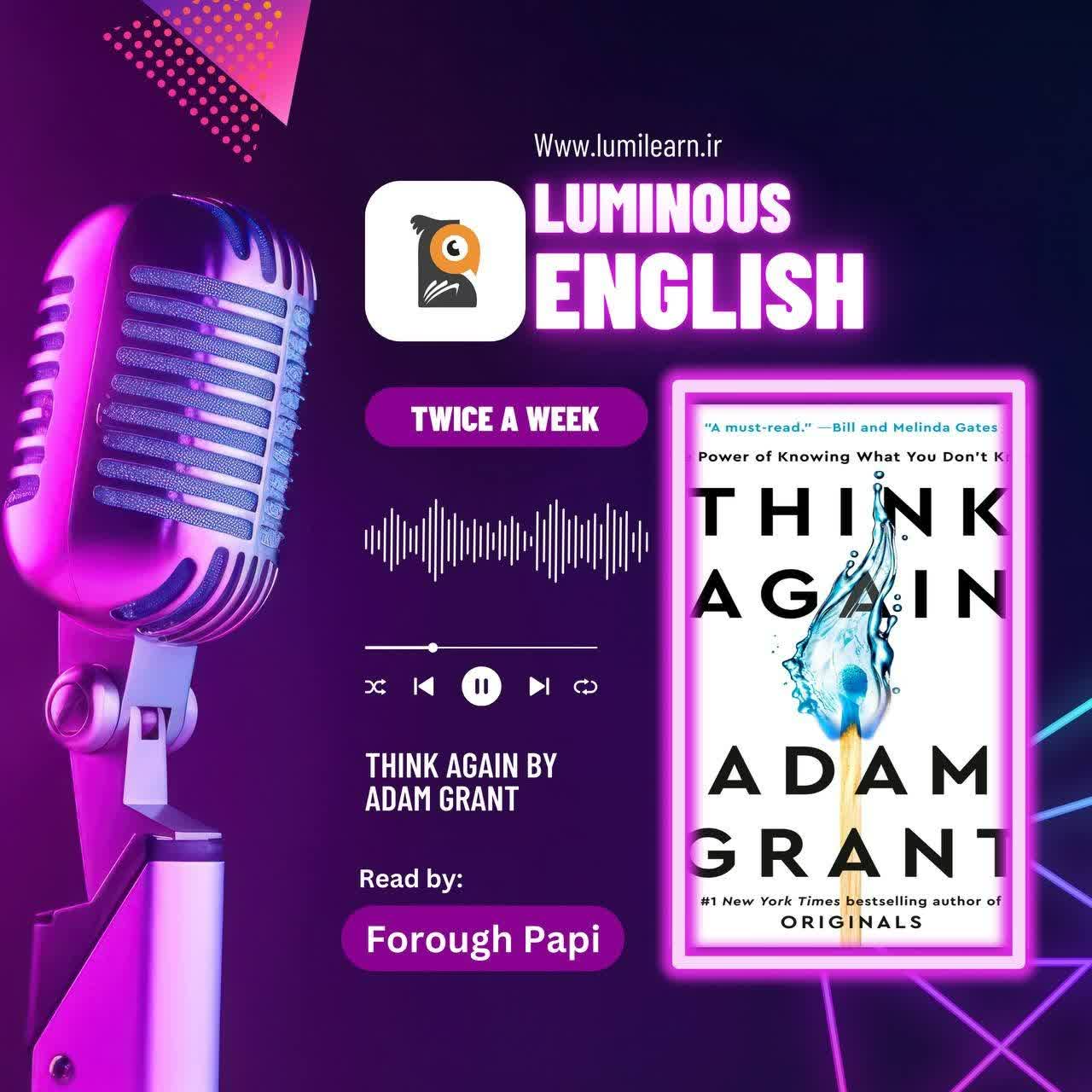
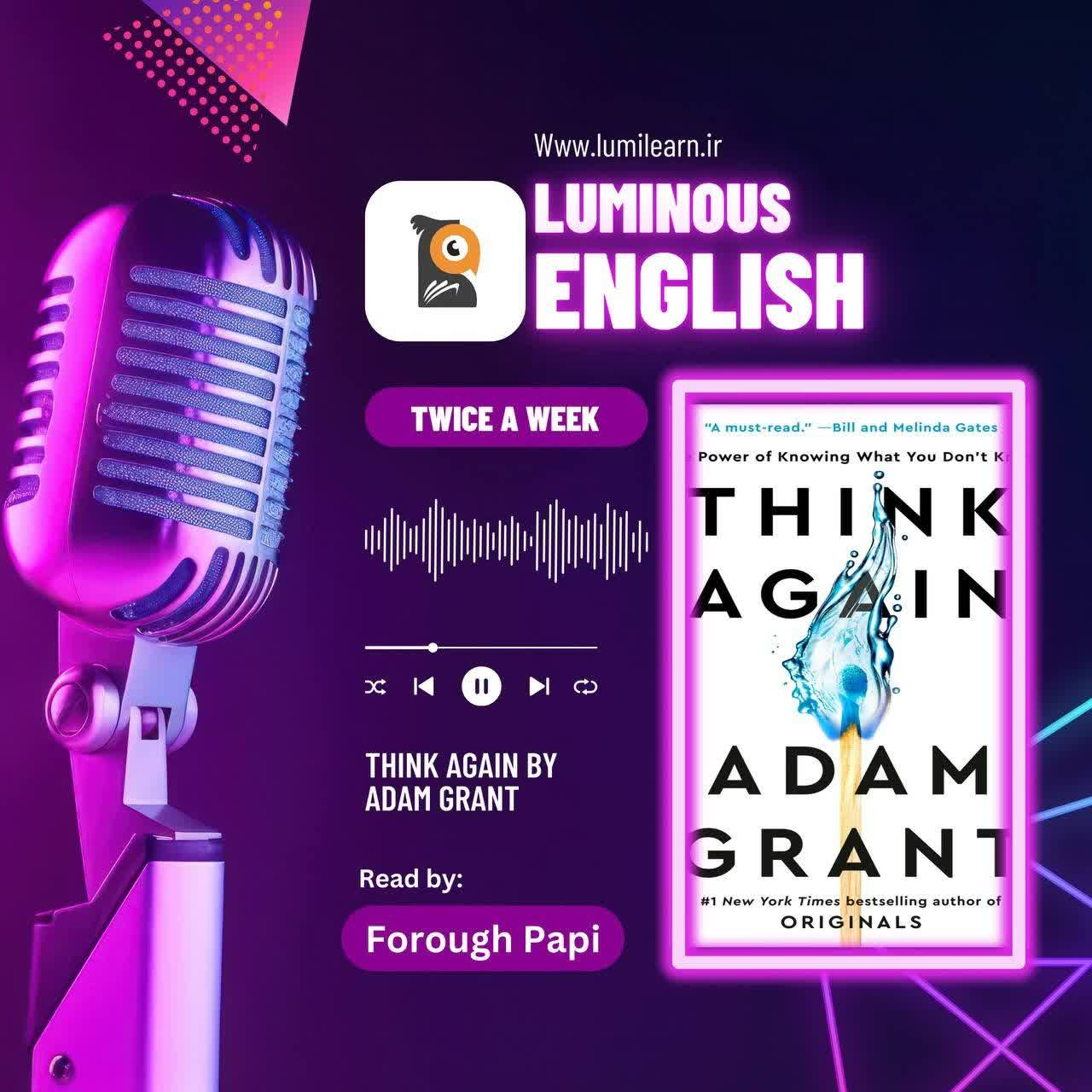
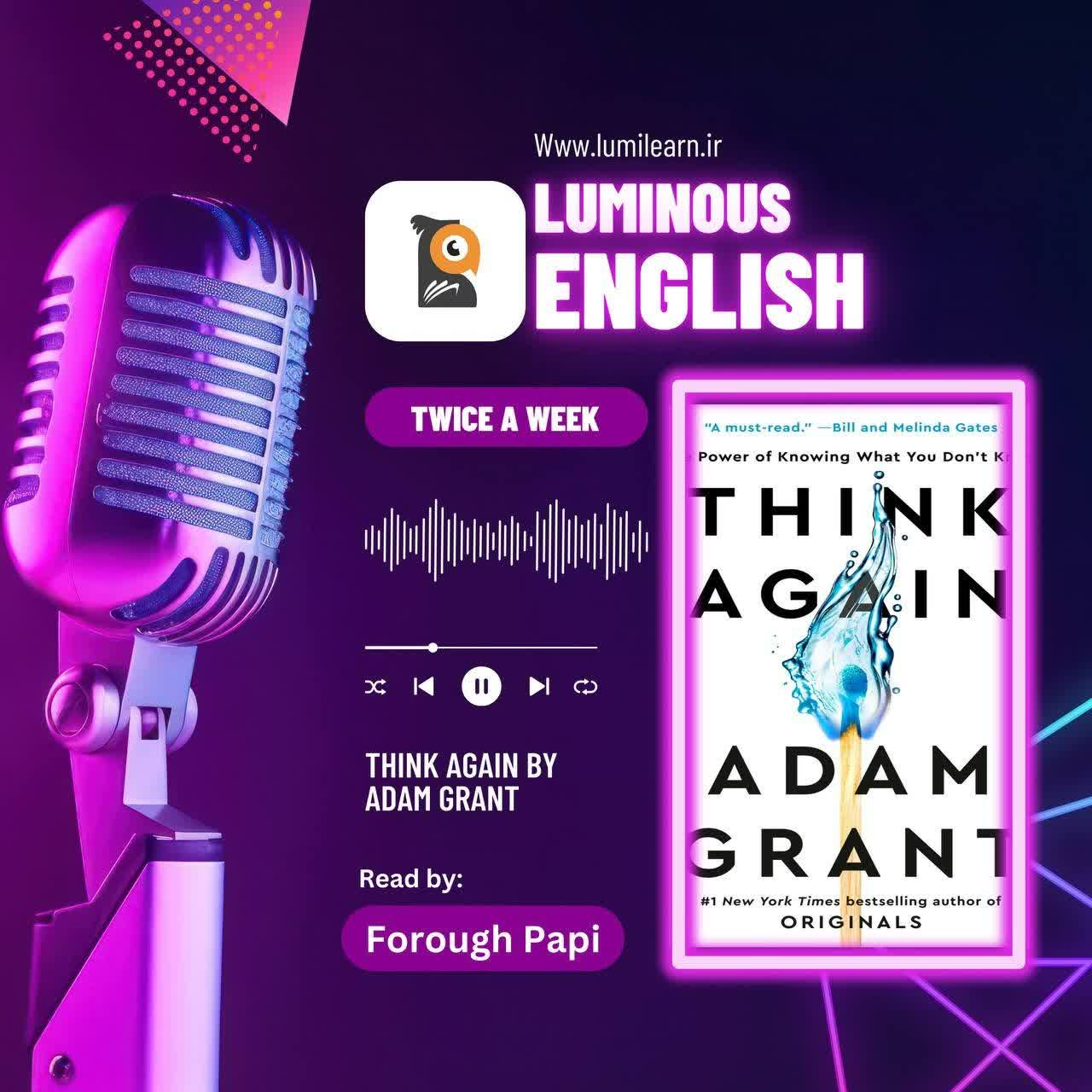
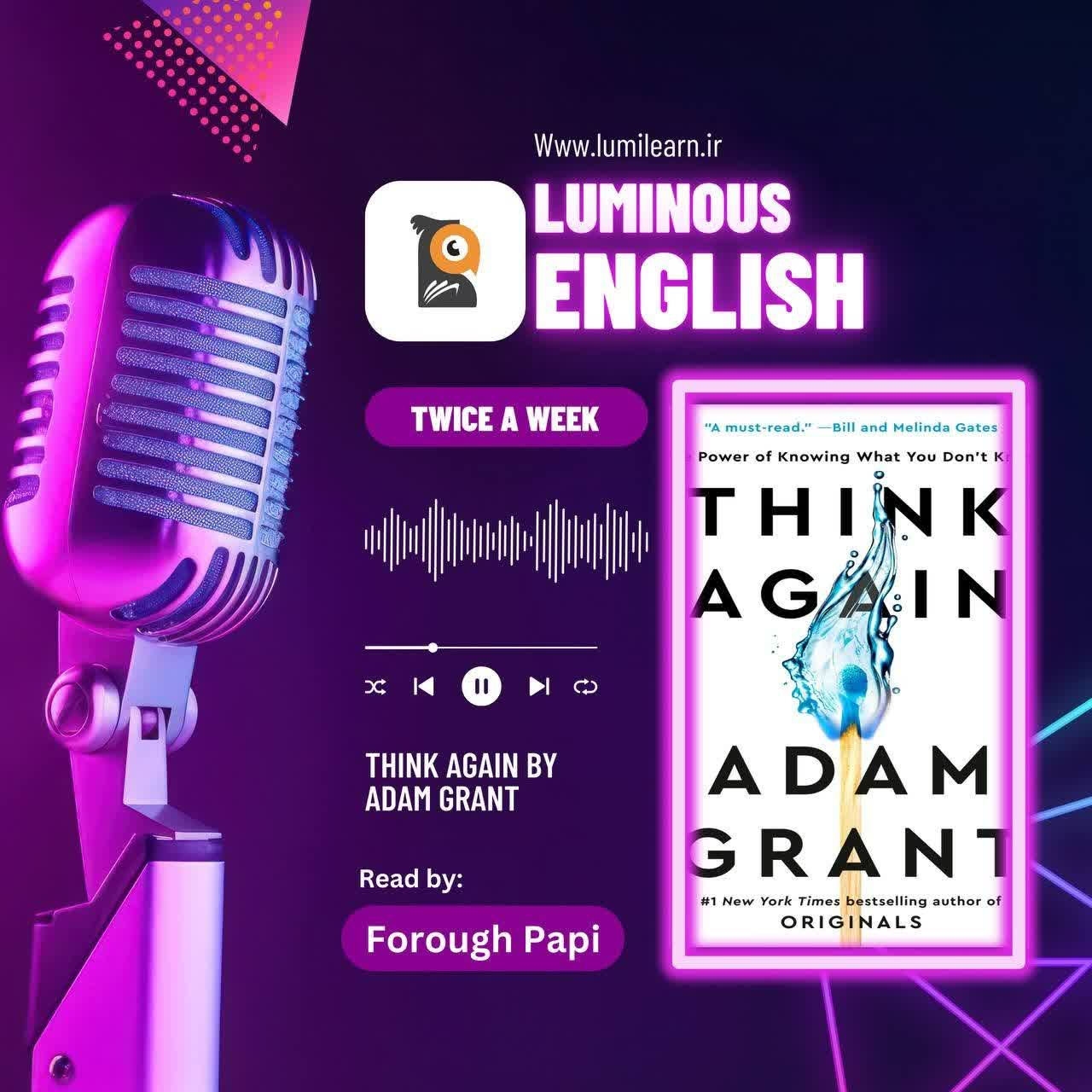
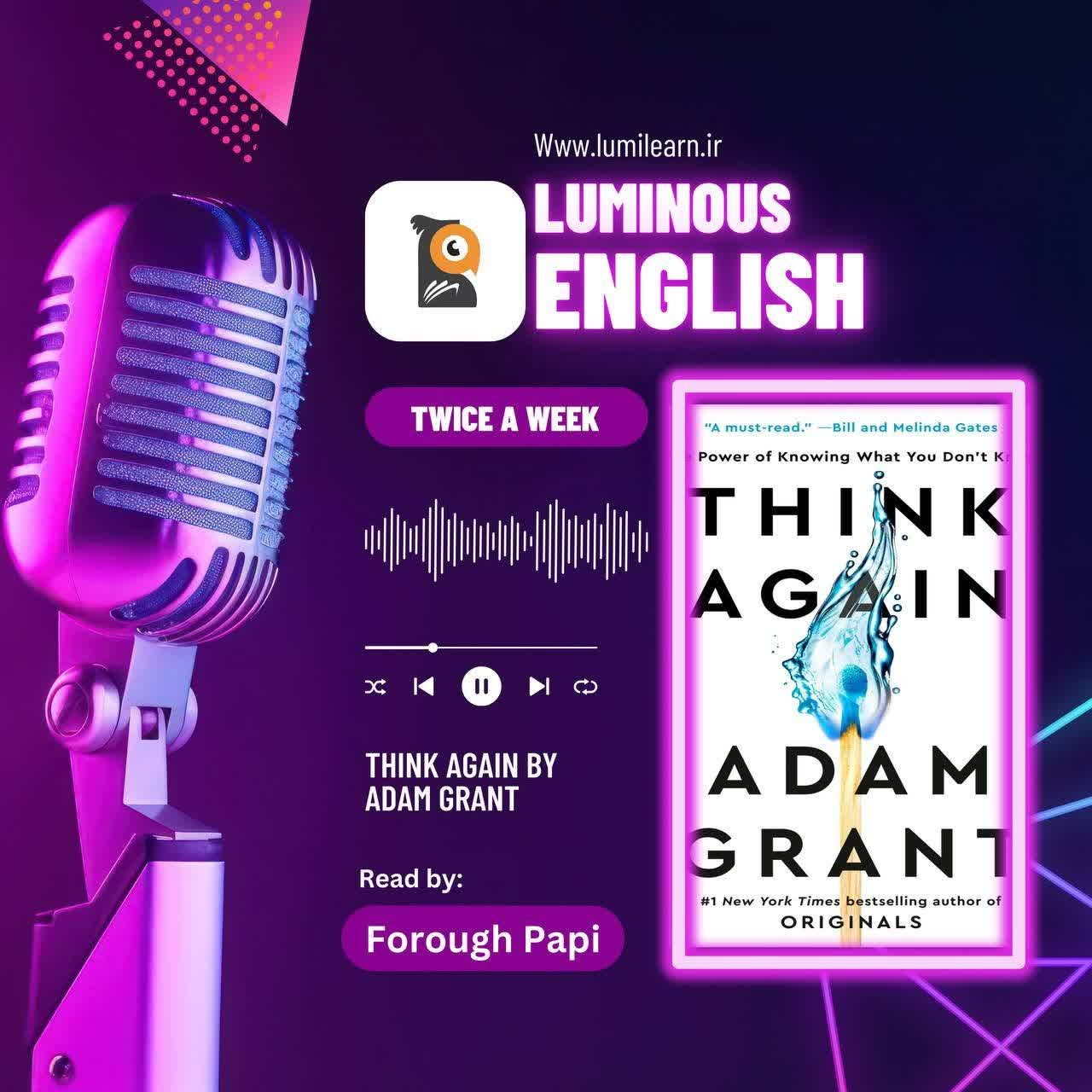
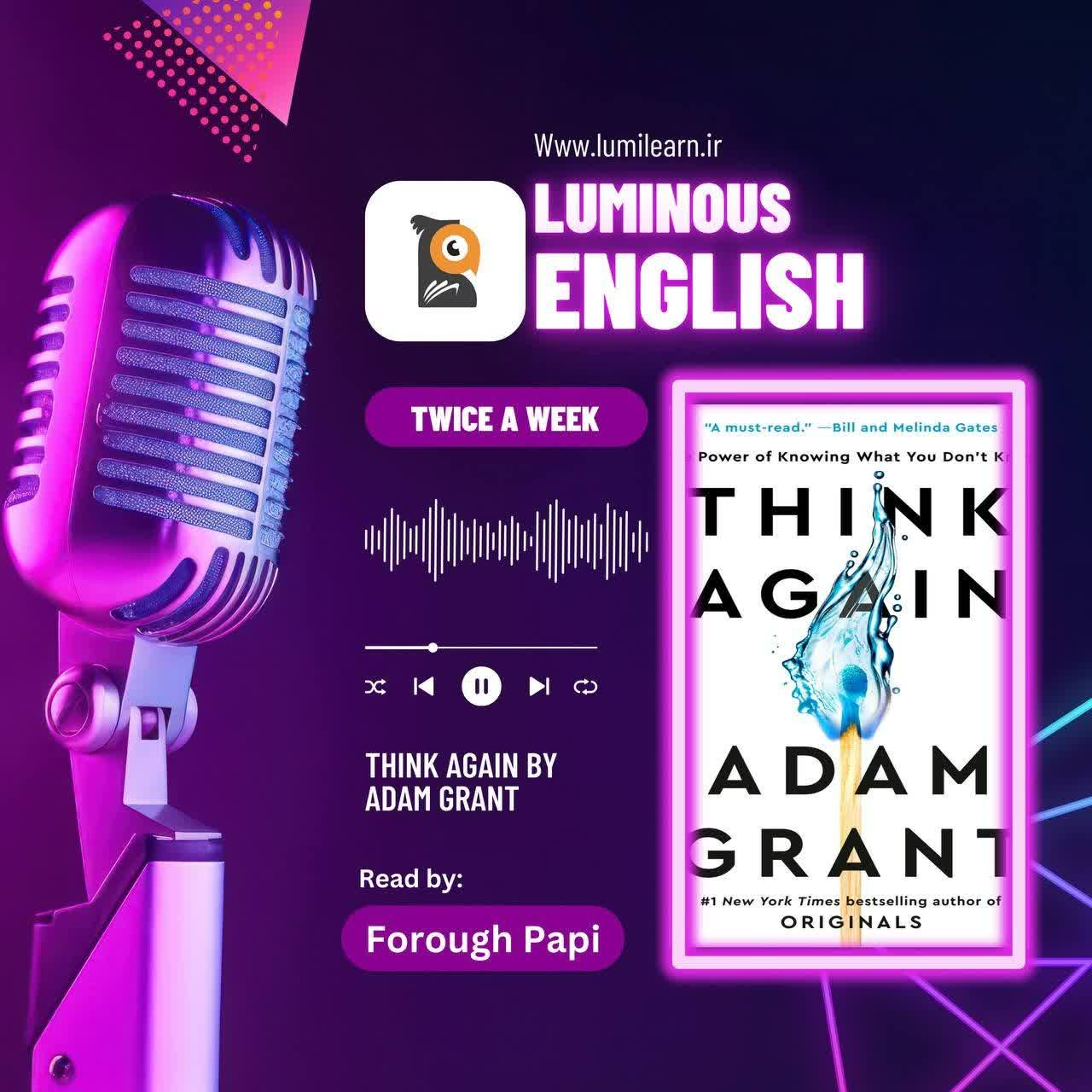
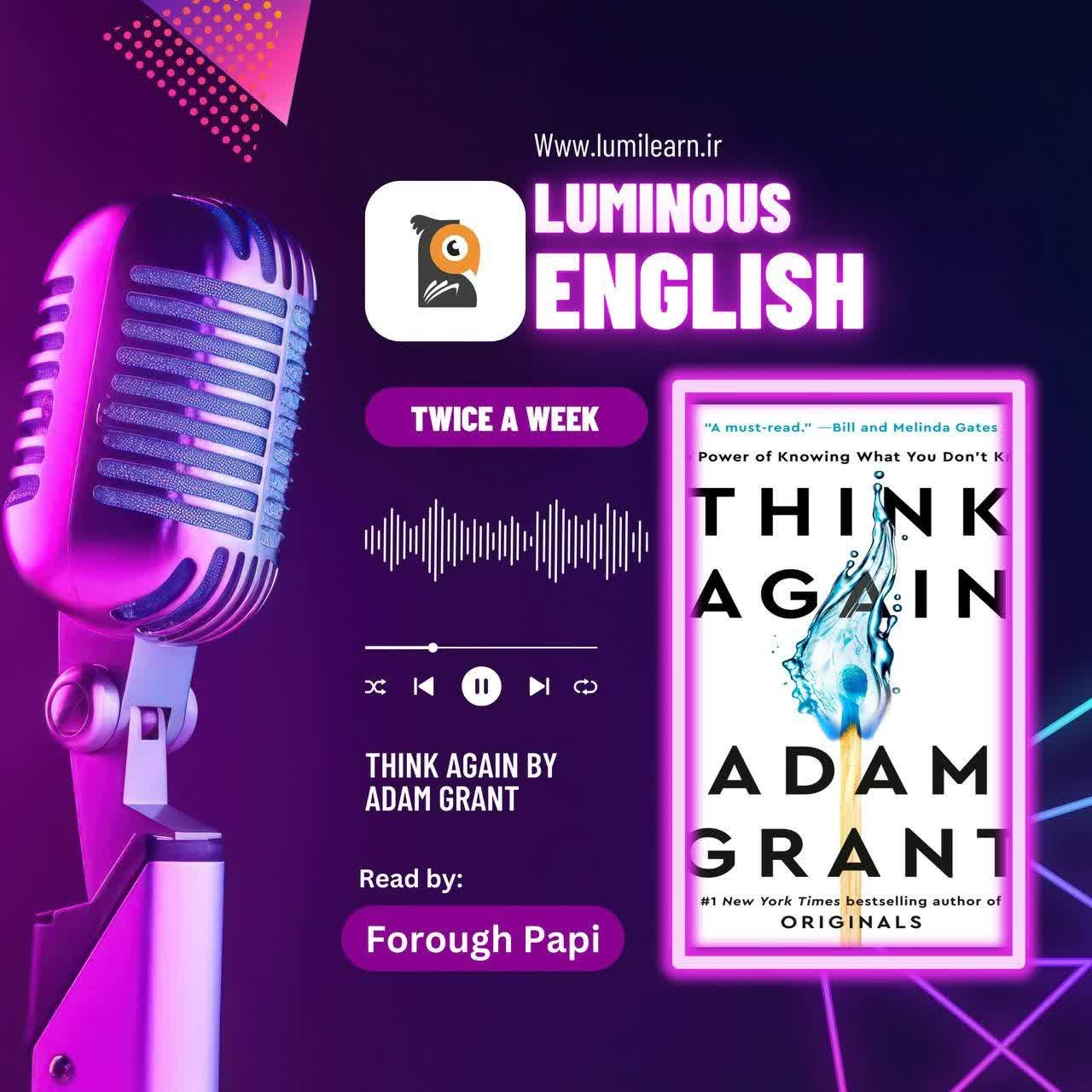
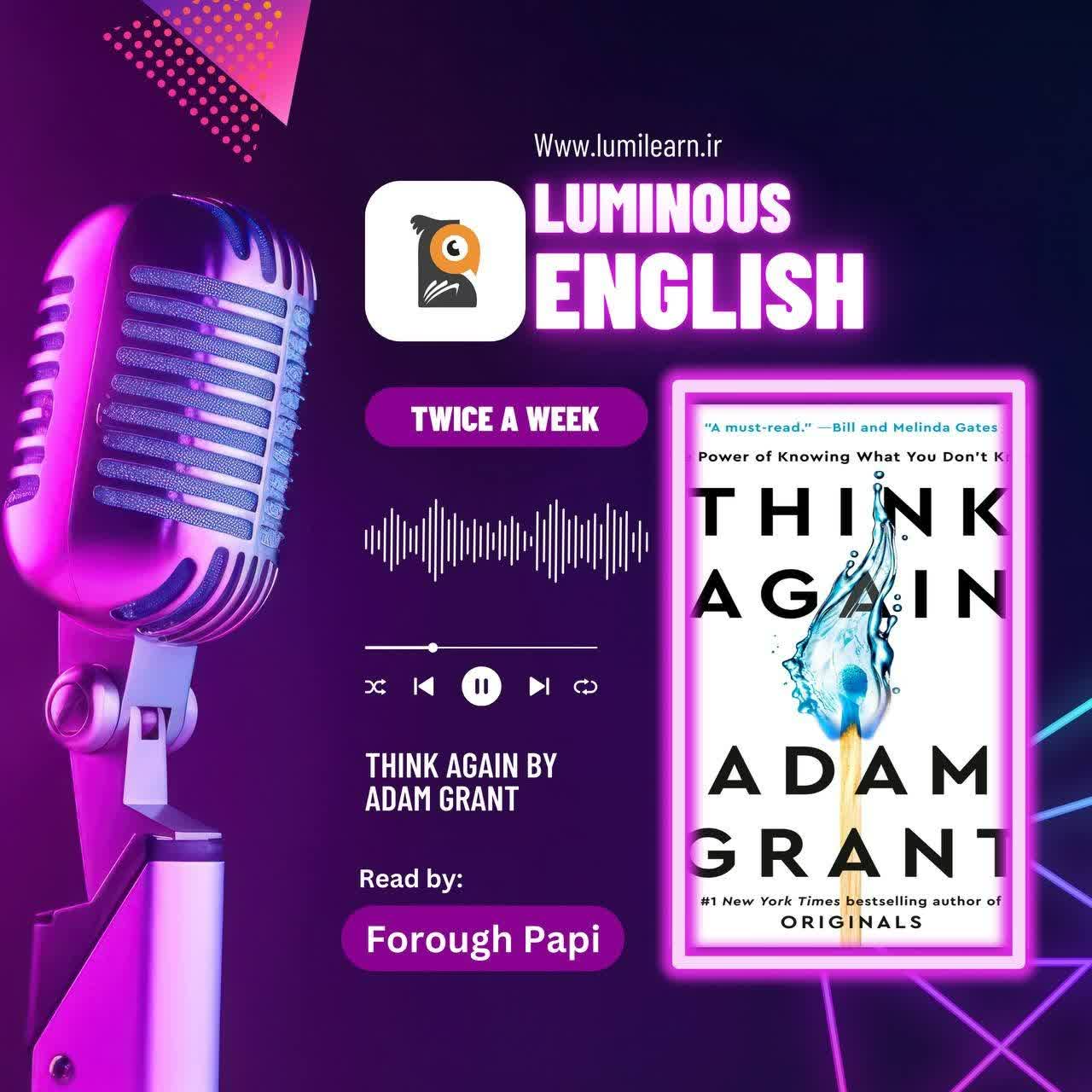
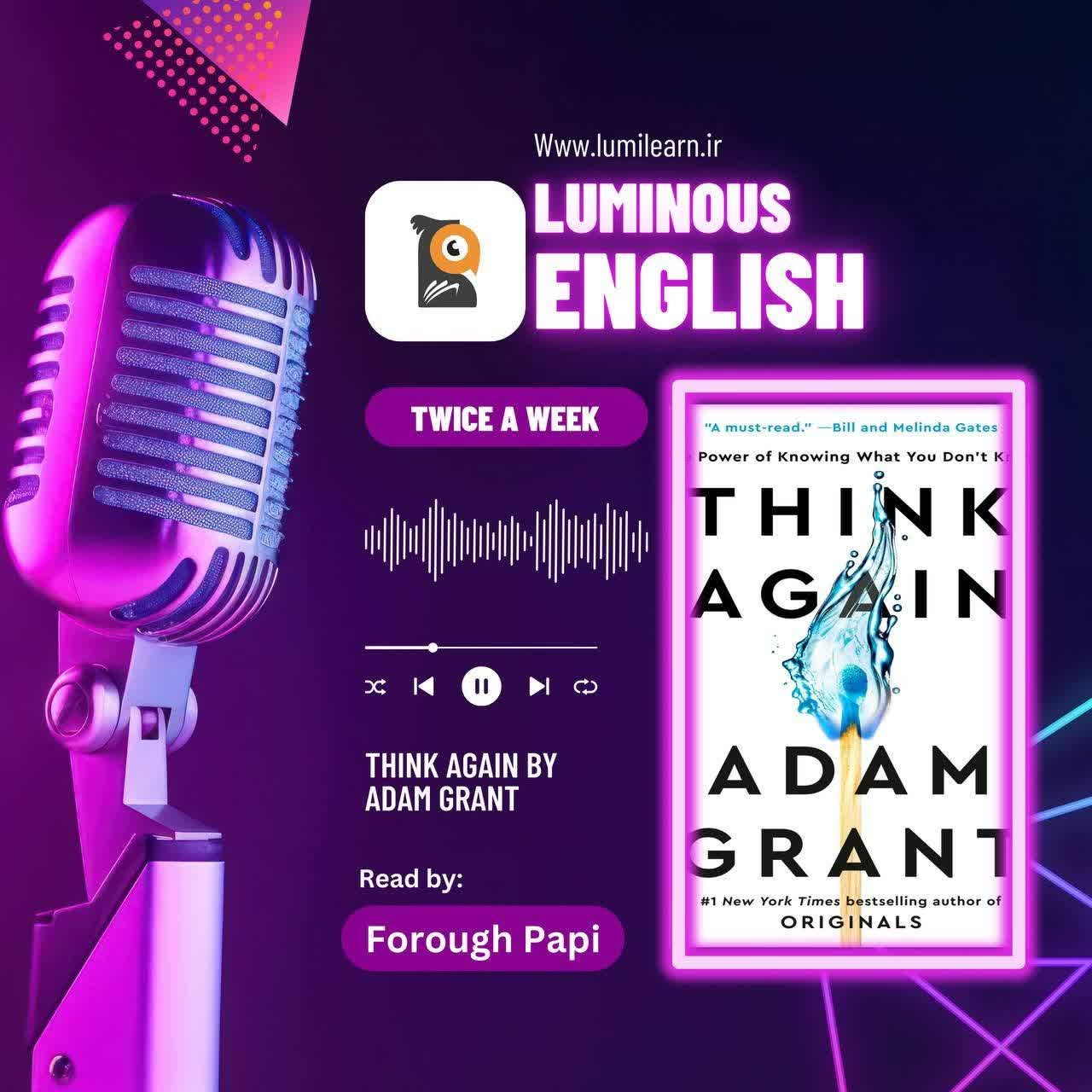
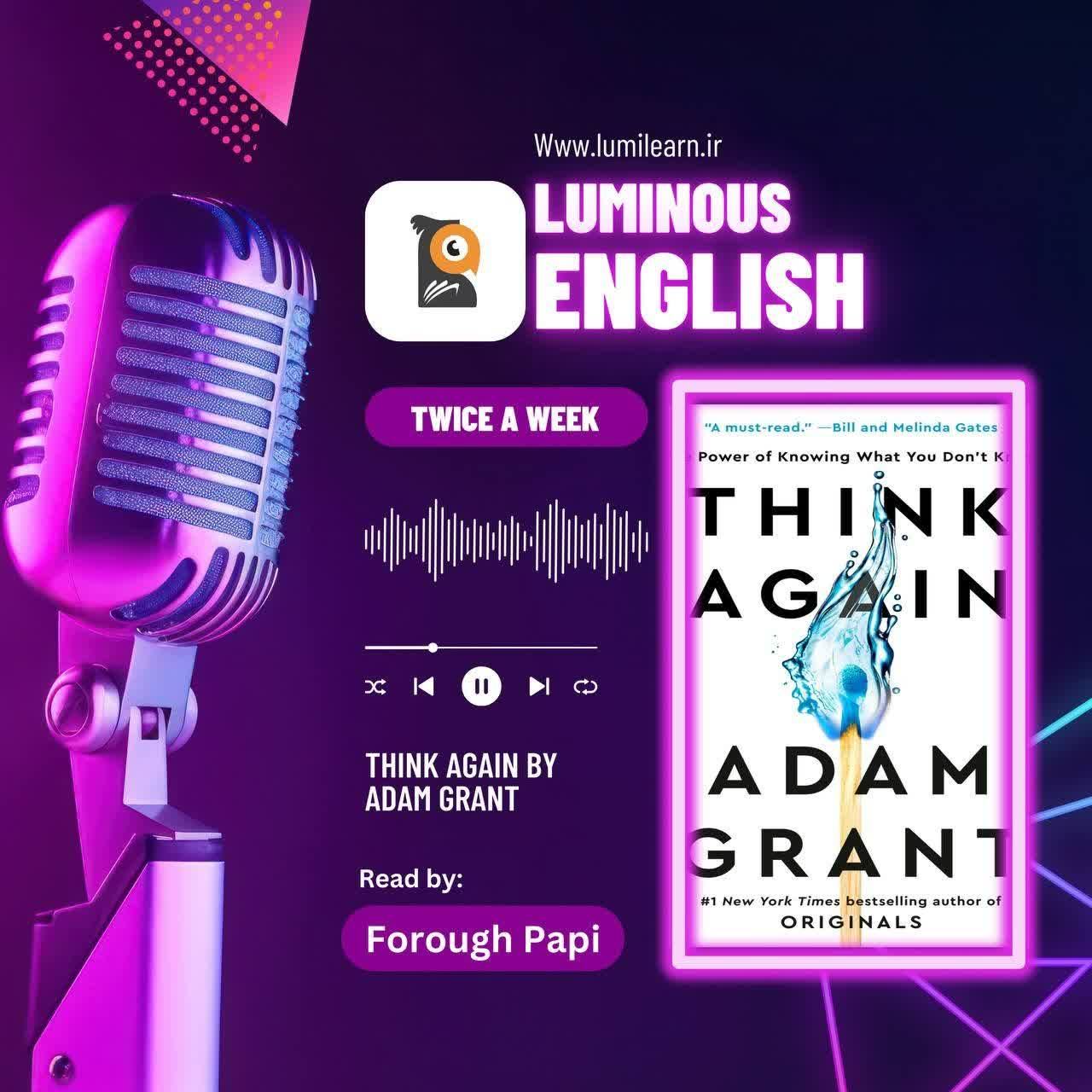
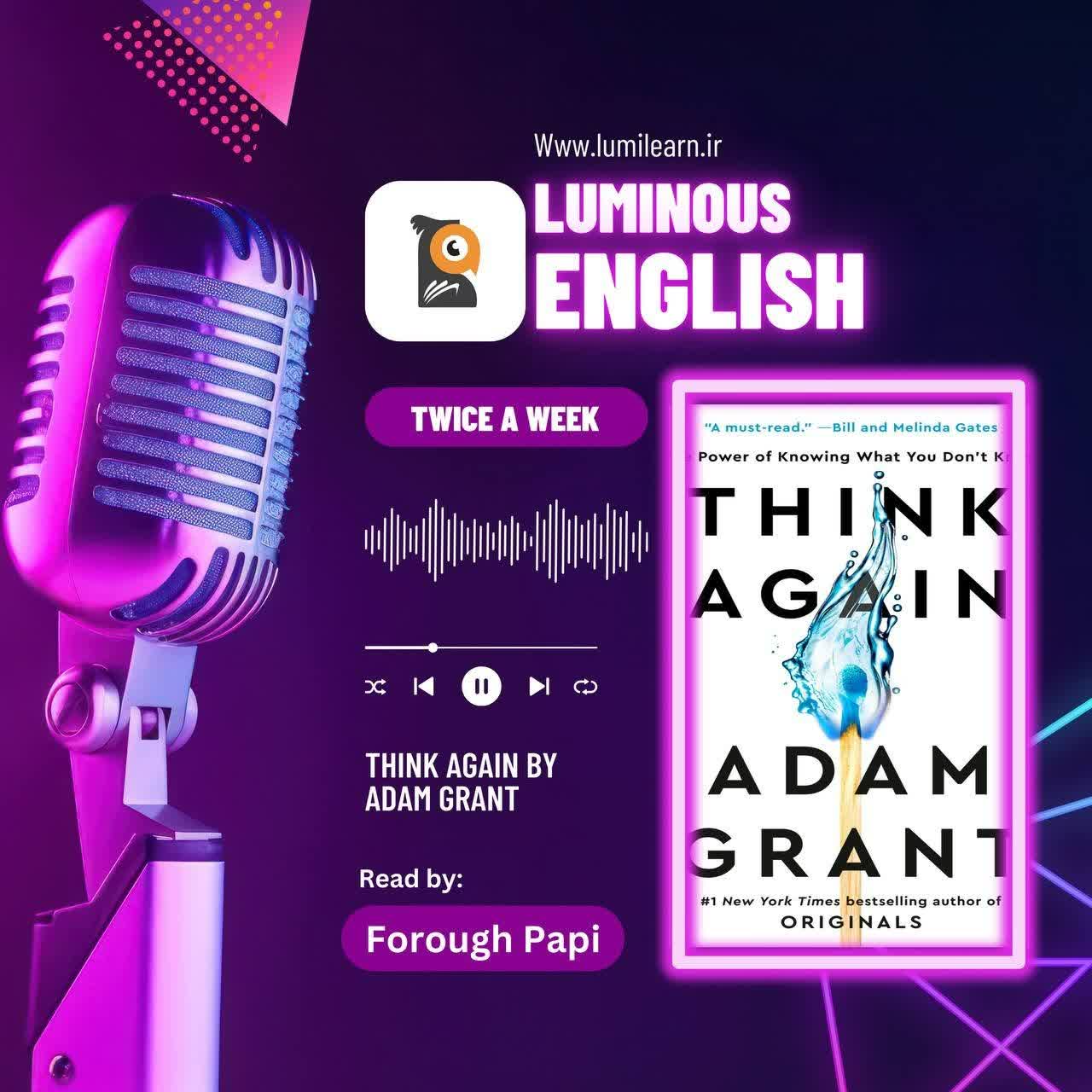
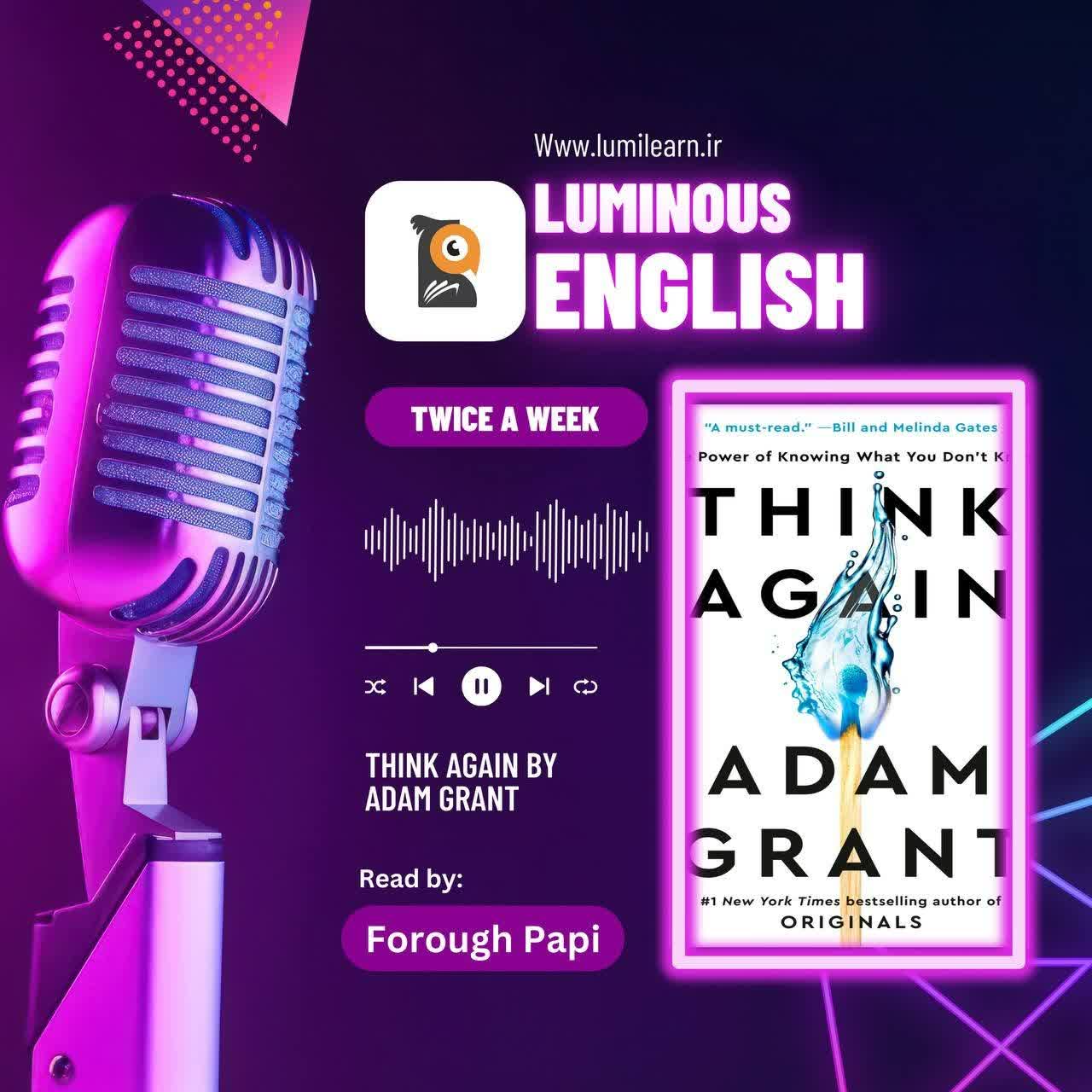
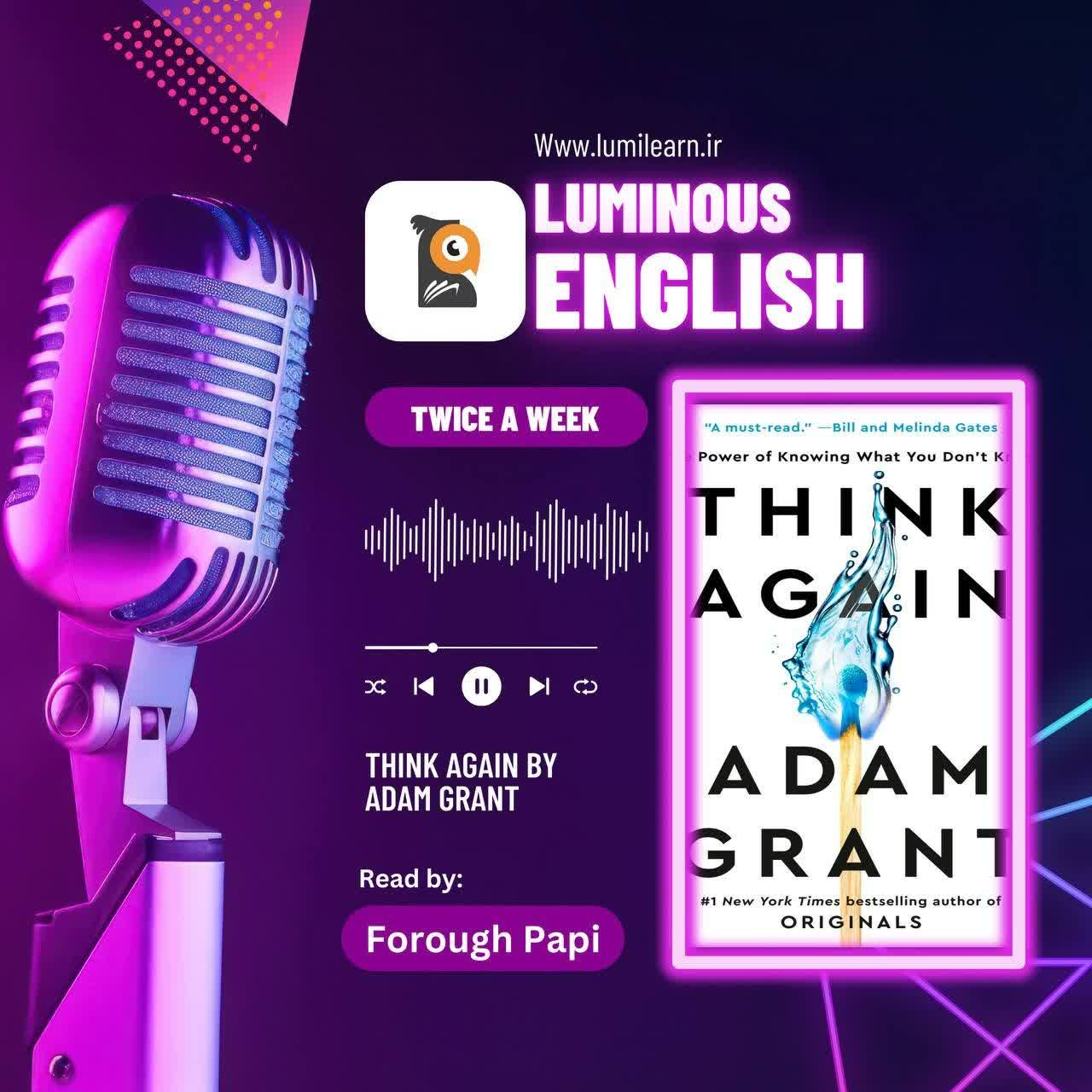
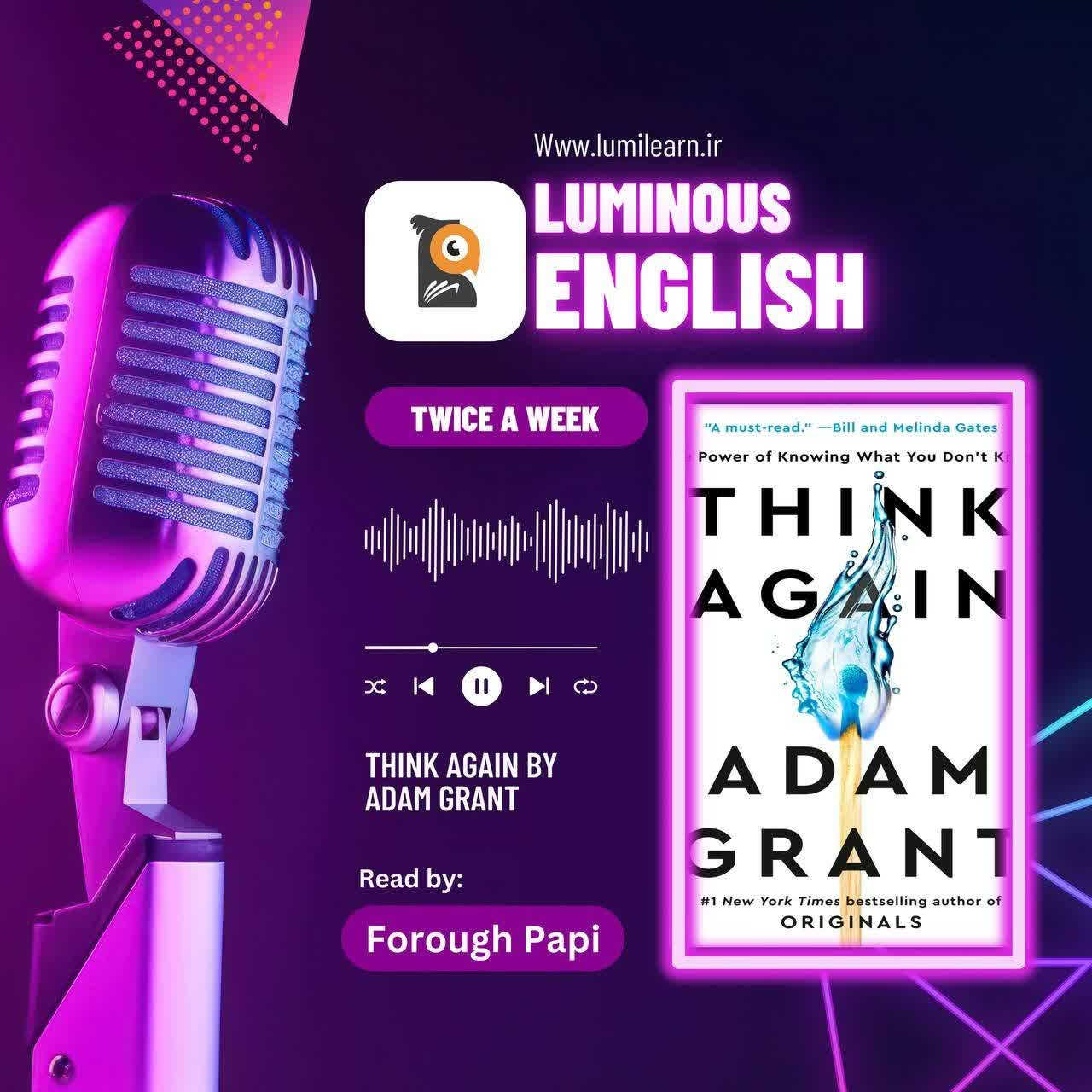




بسیار عالی شما بی نظیرید